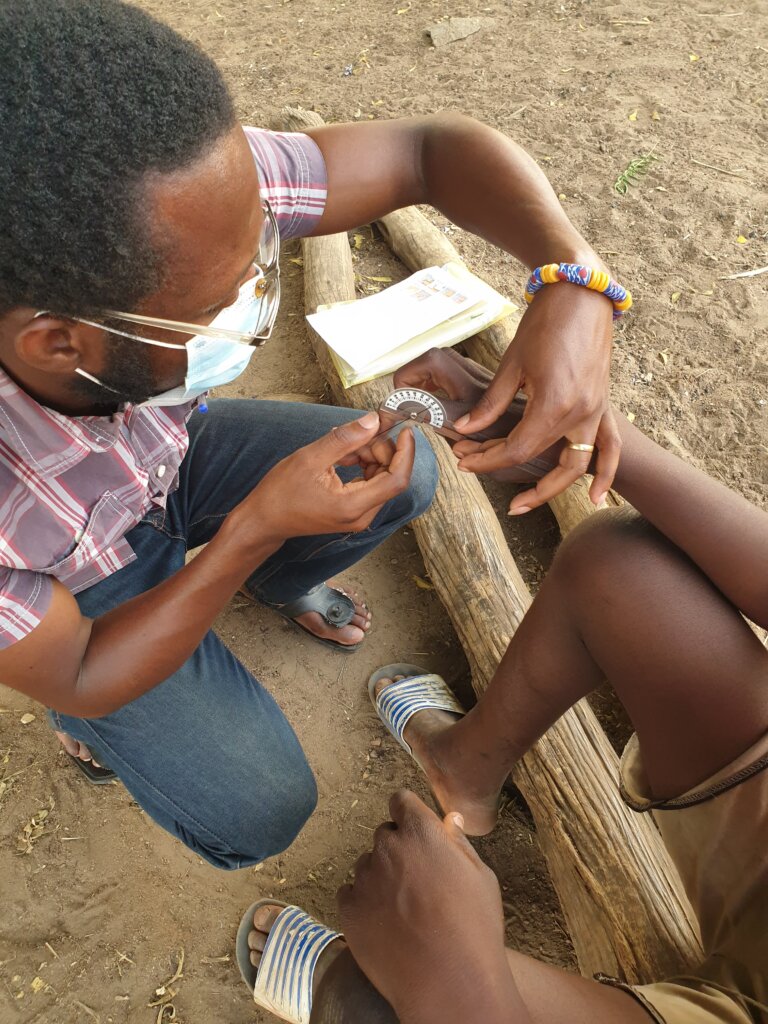Traditional healers can contribute to improve health outcomes of snakebite victims.
Blog:
Snakebite is a disease that leaves significant sequelae and many cases go unnoticed because they do not result in fatal consequences. In tropical rural regions where more than 95% of global cases are recorded, many survivors continue to suffer various long-term physical and psychosocial disabilities. However, the effects of these sequelae on the quality of life of victims and their families have been largely ignored and unexplored despite calls by the WHO for recompense.
It is high time we debunk myths about snakes and snakebites, and provide evidence of the long-term physical and psychosocial disabilities that victims continue to suffer in order to attract the needed attention.
Growing up in a high risk rural community, I have witnessed many people losing various functional and psychosocial abilities due to snakebite. These sequelae continue to fuel many myths about snakes and snakebites, creating more tension between rural communities and snakes. My spouse has also developed significant Ophidiophobia due to childhood experiences.

Using a goniometer to measure functional limitation as a long-term effect of snakebite.
My motivation for choosing snakebite research is to debunk myths whiles providing evidence of the long-term physical and psychosocial disabilities that victims continue to suffer in Ghana. Traditional healers and spiritualists also have been identified as key practitioners who can contribute to improving the health outcomes of victims. It is therefore time to engage these practitioners to support the mainstream healthcare system in order to promote early referrals of snakebite patients. This will save more lives and also minimize the development of long-term physical and psychosocial disabilities following snakebites.

Mawuli Leslie Aglanu is a research fellow at the Kumasi Centre for Collaborative Research in Tropical Medicine (KCCR) in Kumasi, Ghana.
